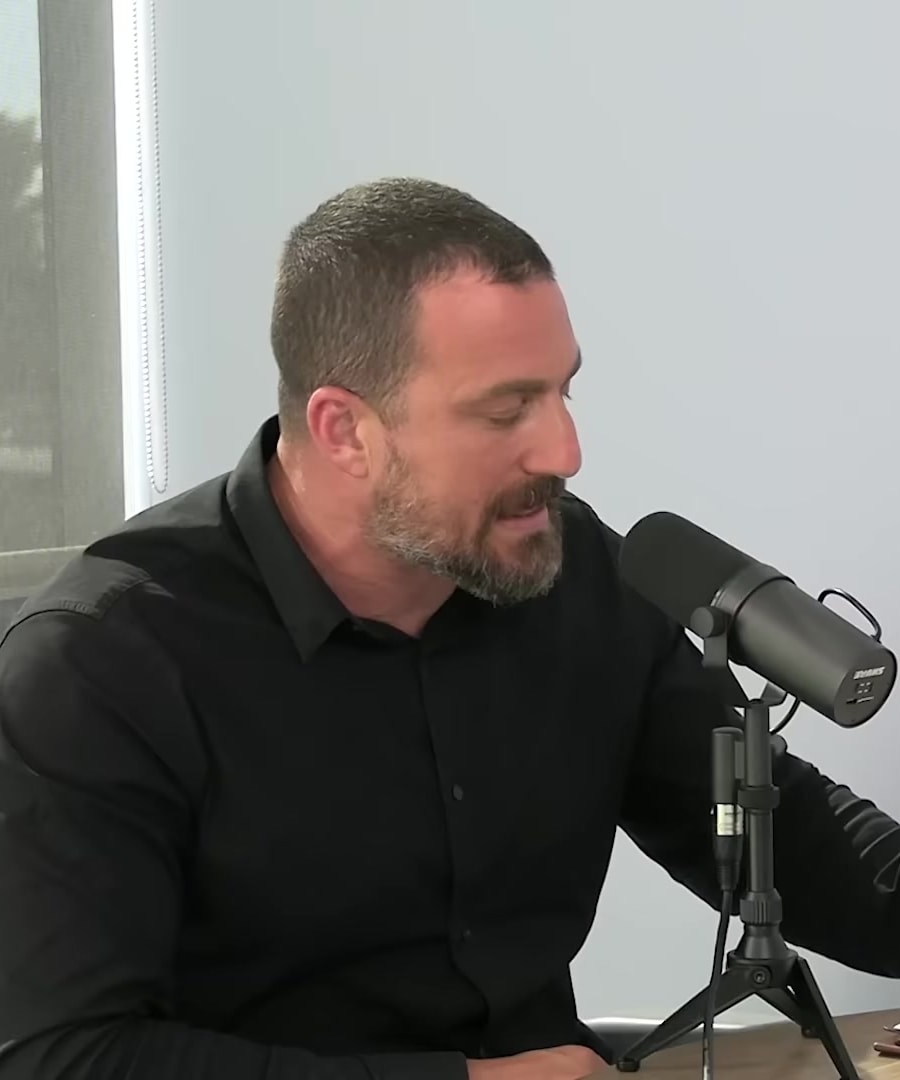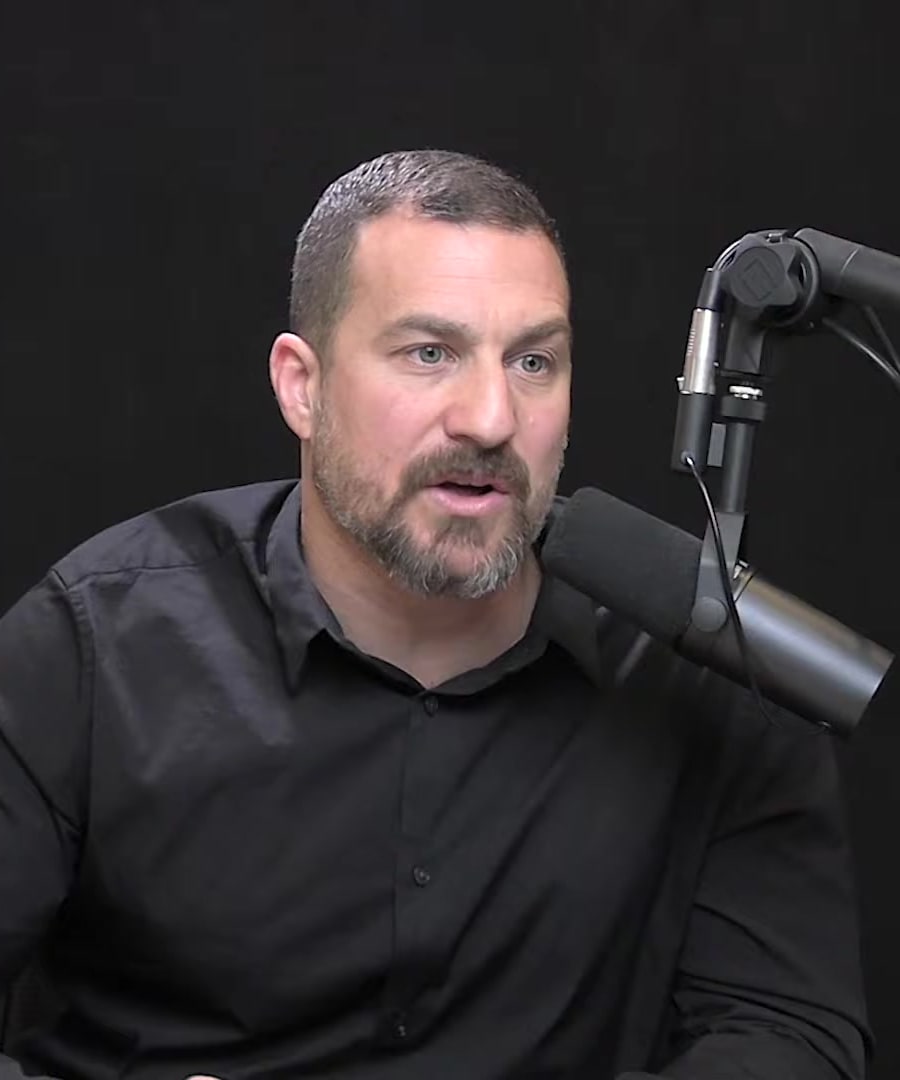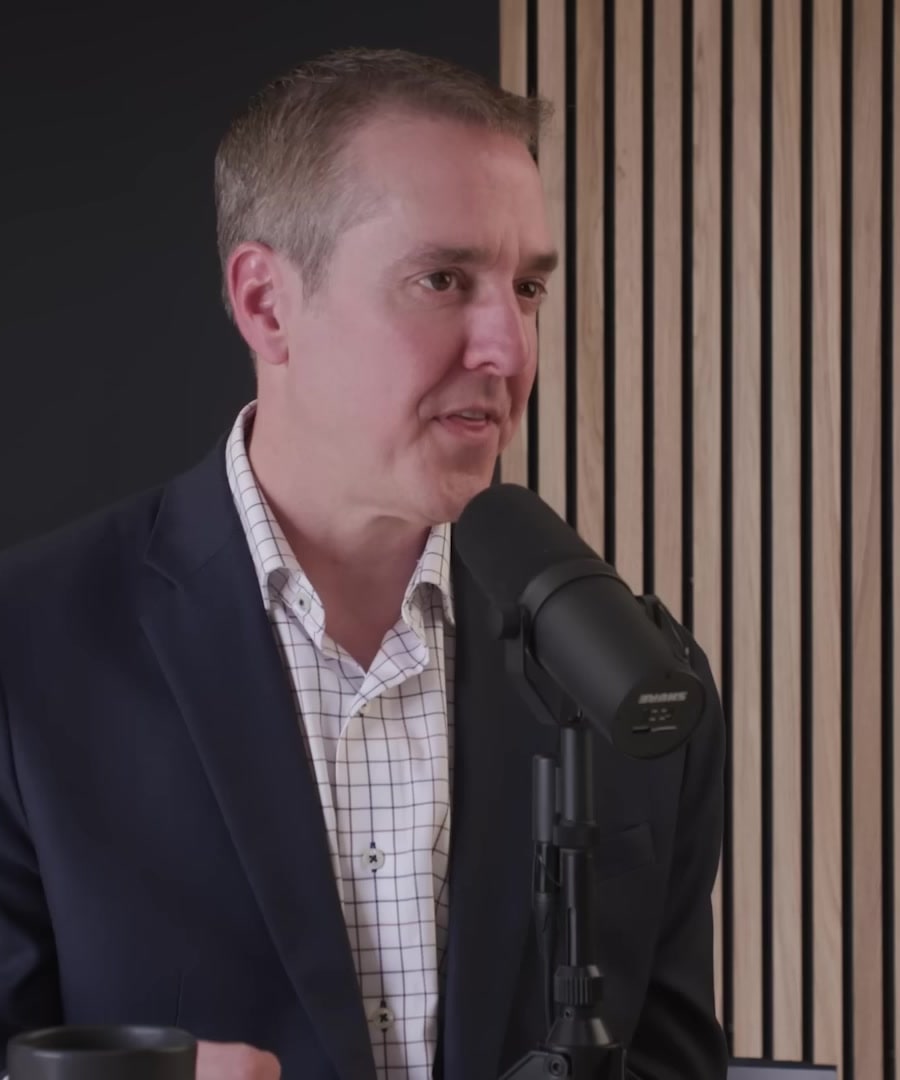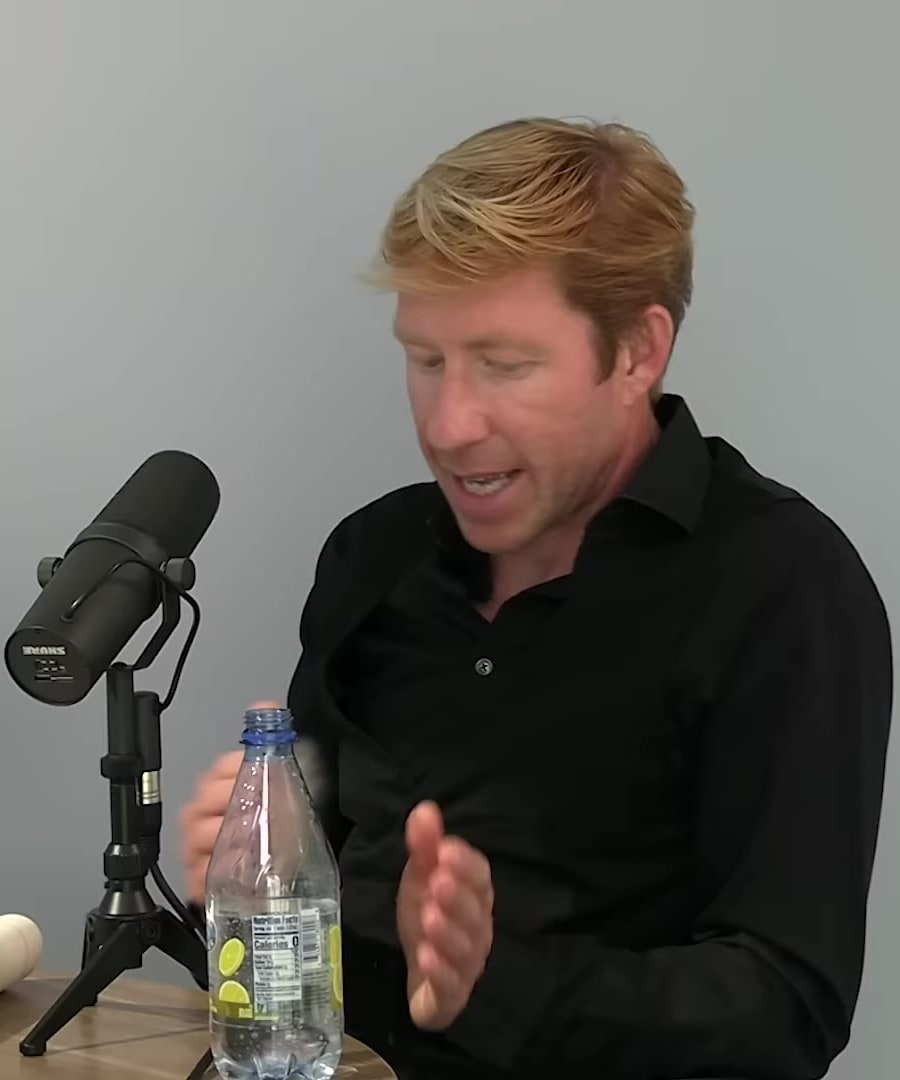How does Marijuana disrupt your sleep?
Sources:
Marijuana use, particularly THC (tetrahydrocannabinol), can disrupt sleep, particularly REM sleep. While THC may speed up the time it takes to fall asleep, it creates a non-natural brainwave signature during sleep that isn't ideal. People using THC may not remember their dreams due to hindered REM sleep. When they cease using THC, they often experience intense dreams because of a REM sleep rebound, indicating REM sleep has been suppressed 1.
THC and substances like alcohol induce pseudosleep states and disrupt sleep patterns, leading to less restorative sleep. These substances interfere with the natural sequencing of sleep, which typically involves more slow-wave (deep) sleep early at night and more REM sleep (the stage where dreaming occurs) later in the night 2.
THC also binds to CB1 receptors in mitochondria, impacting mitochondrial function and potentially causing premature aging of the brain and memory impairment. Chronic use of THC may thus affect mental and metabolic health 3.
Discussing addiction and dependency, some regular marijuana users can develop tolerance to THC, meaning they need more to achieve the same sleep benefit; cessation can lead to severe rebound insomnia. This strong reaction to withdrawal underscores the potential for dependency on THC for sleep 4.
Moreover, while THC and CBD bind to the same receptors as endogenous cannabinoids, they do so with much greater potency, outcompeting endogenous cannabinoids. When these substances are not ingested, users may experience heightened levels of anxiety, disrupted mood, and disrupted brain state, causing dependence on these compounds to achieve desired effects 5.
In summary, THC disrupts sleep by altering natural sleep architecture, suppressing REM sleep, potentially causing dependence and rebound insomnia upon withdrawal, and potentially affecting mental and metabolic health due to interaction with mitochondrial function.
RELATED QUESTIONS
How does Marijuana disrupt your sleep?
- RELATED QUESTIONS




